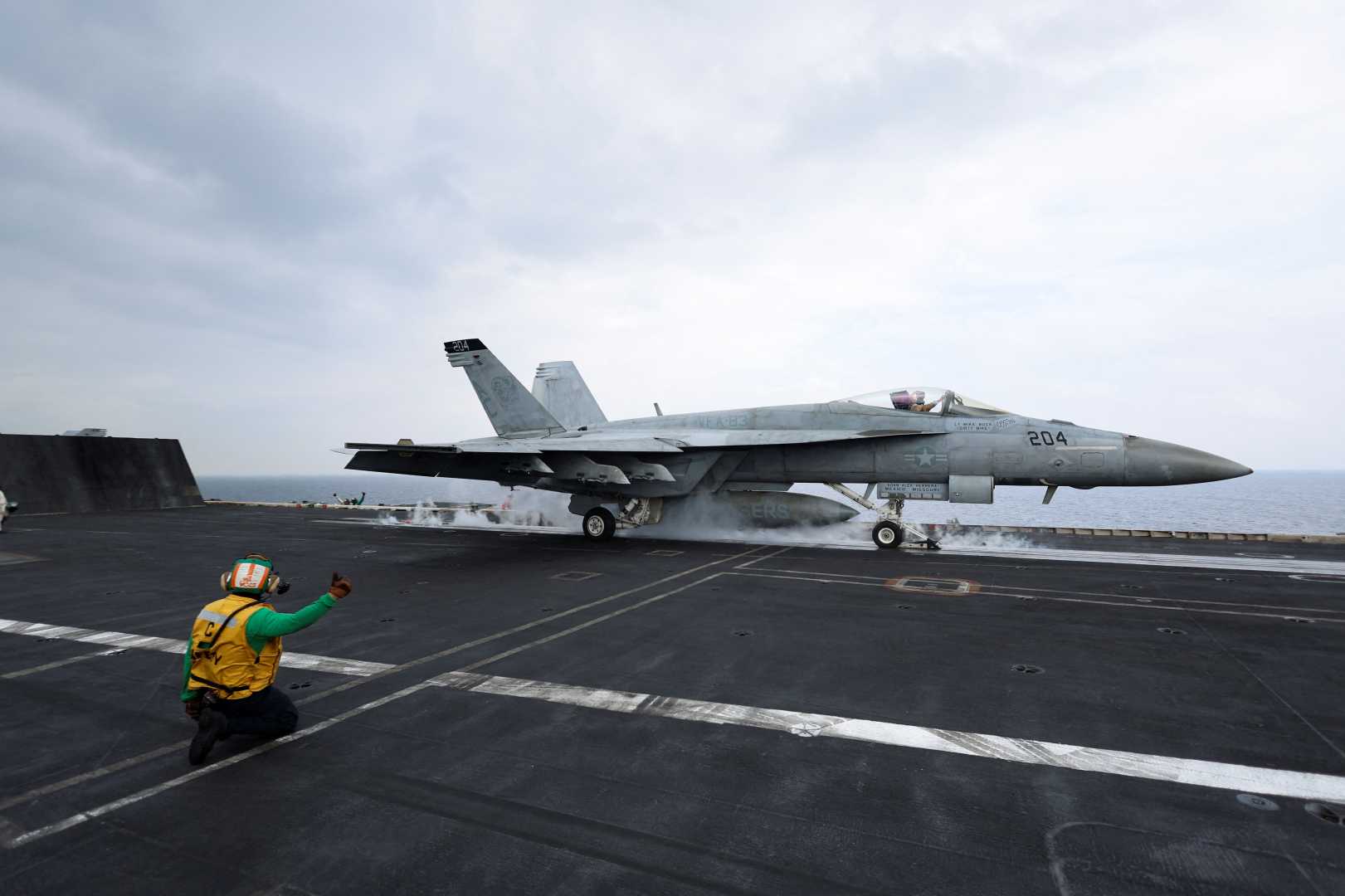News
Israel Bolsters Military Presence in Lebanon Amidst Tensions with Iran

On October 2, 2024, Israel announced the deployment of additional troops to southern Lebanon in a bid to counter the Iran-backed militant group Hezbollah. This strategic movement comes in the wake of Iran launching a barrage of nearly 200 missiles at Israel, intensifying the ongoing tensions in the Middle East. Israeli authorities have reiterated their commitment to a robust response to what they deem a serious provocation by Iran.
The Israeli Defense Forces have confirmed the deployment of soldiers and an armored tank brigade to facilitate a ground offensive against Hezbollah in Lebanon. Following the escalation, the Israeli military issued advisories to 24 villages in southern Lebanon, urging residents to evacuate immediately. Avichay Adraee, the Israeli military’s Arabic spokesperson, emphasized the urgency of these evacuations, instructing civilians to vacate areas near potential Hezbollah targets to ensure their safety.
The recent exchange of fire saw around 100 rockets launched from Lebanon towards Israel’s northern regions, prompting alerts in places like Haifa and the Western Galilee. The Israeli military reported the death of a soldier in Lebanon, while Hezbollah claimed responsibility for injuring several Israeli troops. According to Lebanon’s Health Ministry, Israeli strikes over the past two weeks have resulted in the deaths of more than 1,030 people, including 87 children.
Iran’s missile attack late Tuesday led to limited damage, with most projectiles intercepted. However, notable incidents include the death of a 38-year-old Palestinian in the West Bank city of Jericho and damage near the Mossad headquarters in Israel. The attack’s aftermath saw Jordan reporting injuries from shrapnel and the United States’ military engagement as two U.S. destroyers launched interceptors to neutralize the threat.
Responding to these developments, Israeli Prime Minister Benjamin Netanyahu labeled Iran’s actions a significant mistake, promising a decisive retaliation. Rear Admiral Daniel Hagari, an Israeli military spokesperson, described the aggression as a “severe and dangerous escalation.” Concurrently, Danny Danon, Israel’s ambassador to the United Nations, announced the nation’s planned response would be “decisive and painful.”
Iran’s Revolutionary Guard justified its missile attack as a retaliation for recent assassinations, including key figures in Hezbollah, Hamas, and an Iranian commander. Meanwhile, the Iranian mission to the United Nations defended its actions as a rational response to what it termed “terrorist acts” by Israel.
In the international arena, U.N. Secretary-General António Guterres condemned the Iranian strikes while criticizing Israel’s military operations in Gaza as extremely deadly. Previously, Israel declared Guterres persona non grata for not explicitly denouncing Iran’s missile attack. This move further strained relations between Israel and the United Nations.












